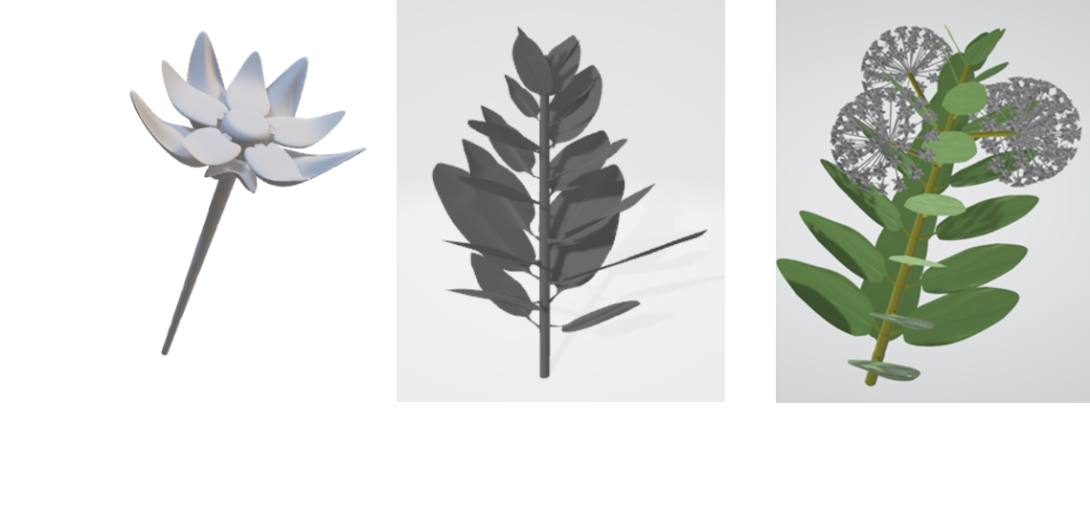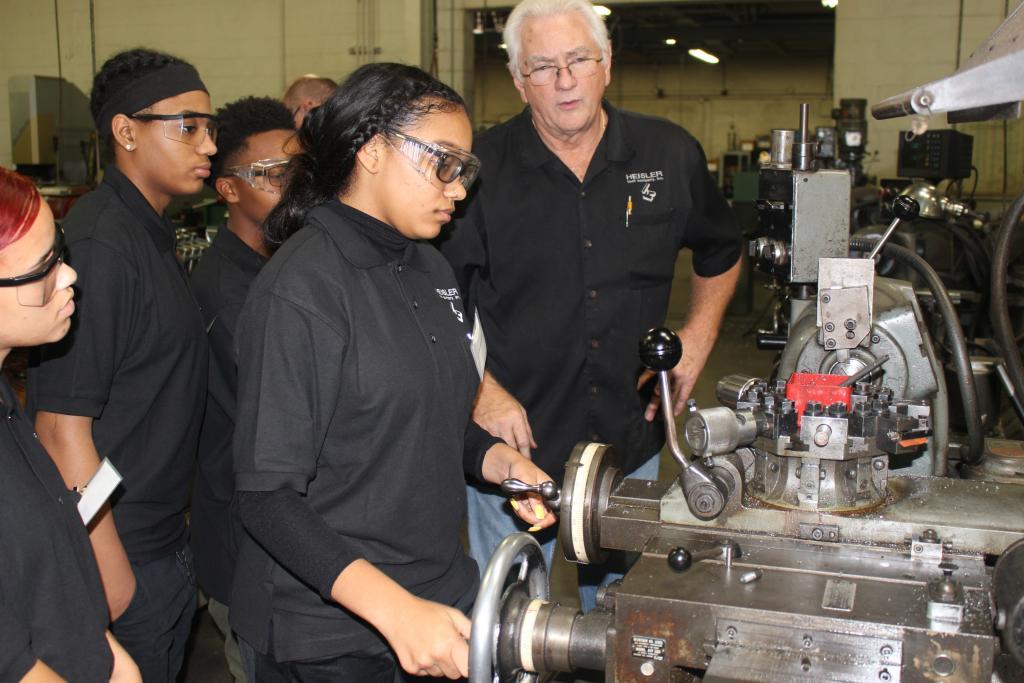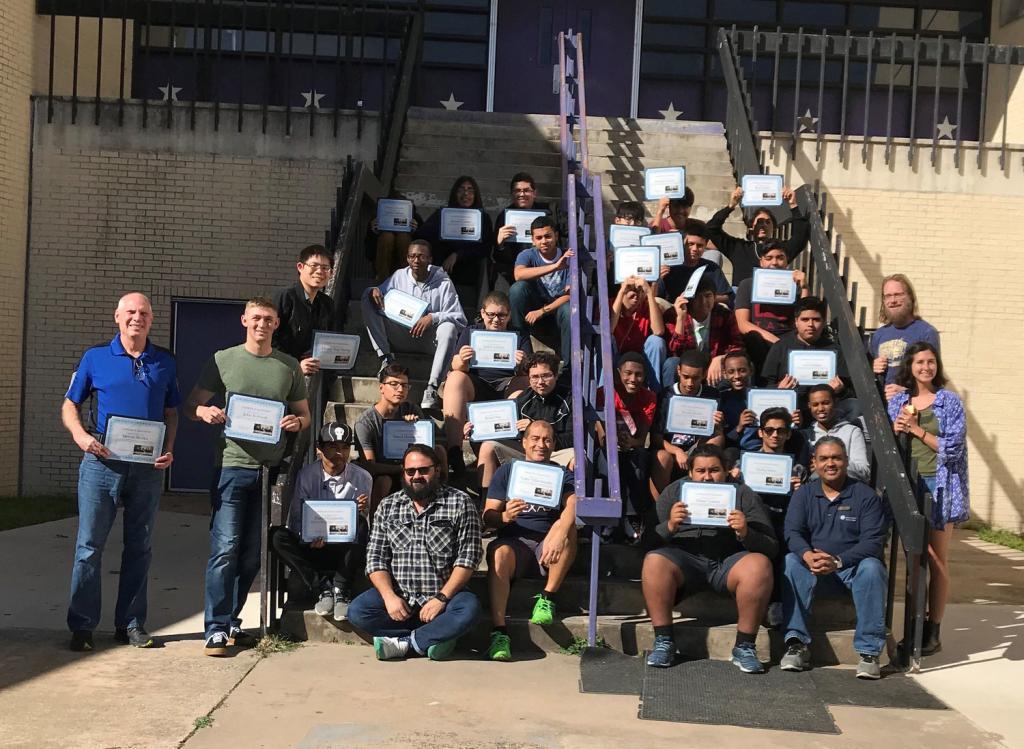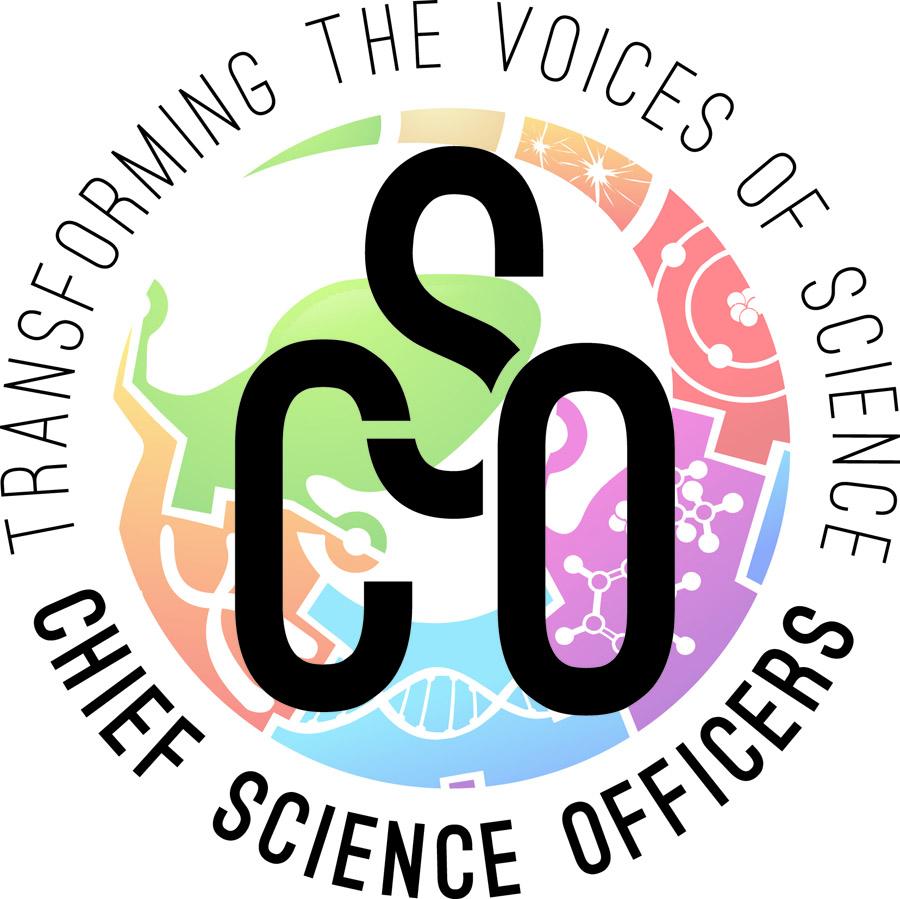Transforming Preschoolers’ Spatial Orientation: Leveraging New Technologies for Learning in Early Childhood Classrooms and at Home
The development of spatial orientation (SO) skills – the ability to identify the position of objects in space – is a strong predictor of math skills and later school success and academic achievement. However, even with the increasing evidence in the importance of SO skills for children, they are rarely included in kindergarten and primary school curriculum. This puts children at a severe learning disadvantage; children who lag behind their peers in school-entry mathematical skills are at high risk to continue to do so.



